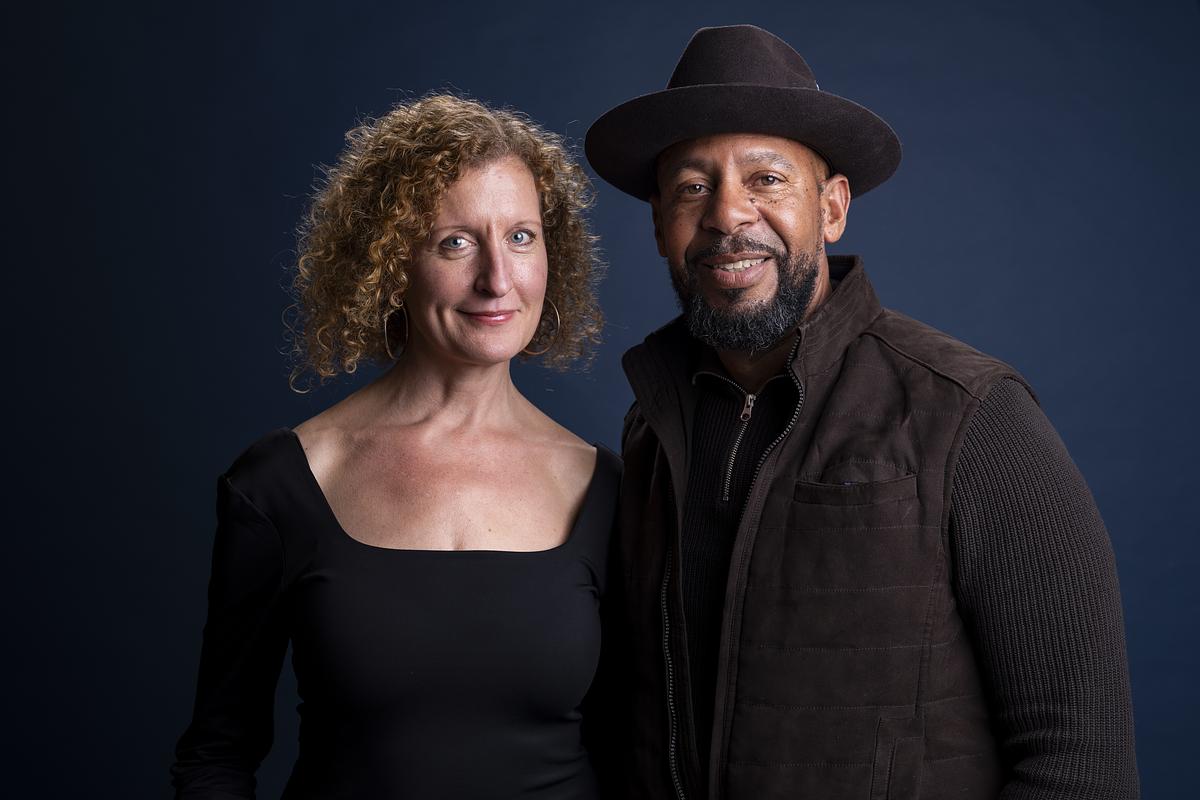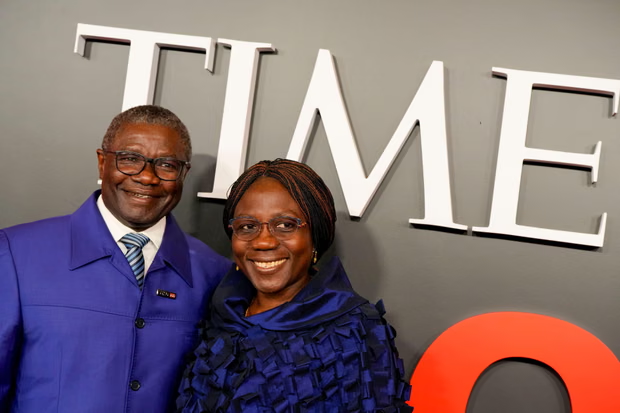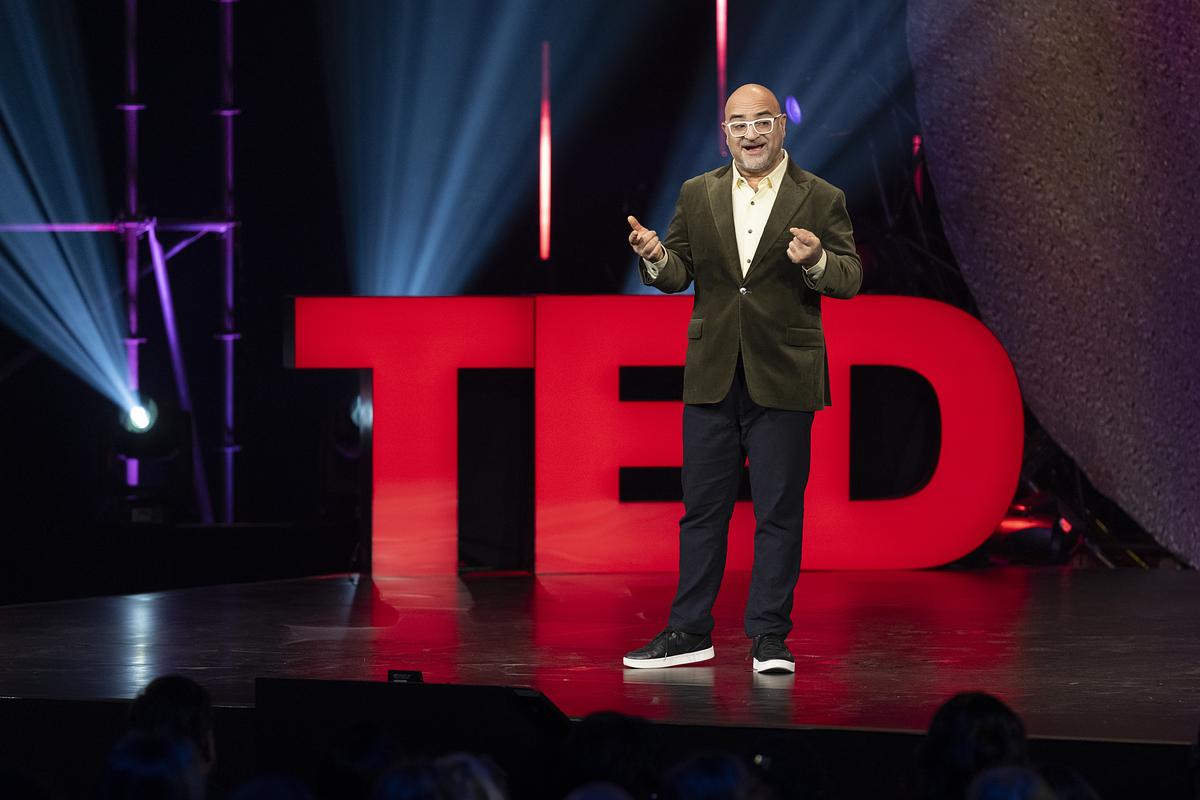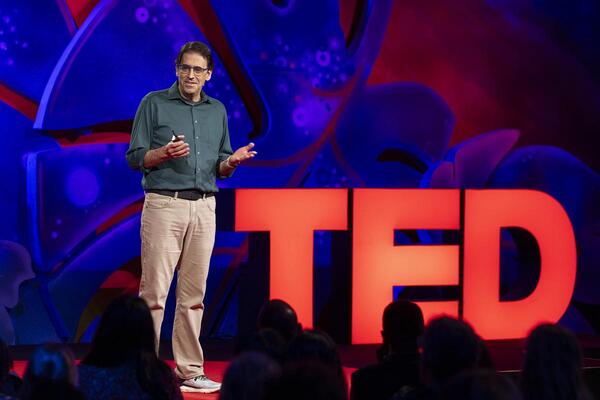Categories
Subscribe for updates
August 2, 2023
TED
Bridging the gap: 3 key takeaways from Women Deliver
During the recent Women Deliver convening, the largest multi-sectoral gathering promoting gender equality, organizations, governments, world leaders, changemakers and activists gathered to share ideas, make commitments, and advocate for the critical areas and issues facing women and girls today. Here are some takeaways:
1. Expanding women's leadership is critical to tackling the existential threats facing humanity.
From climate change to fighting anti-rights movements the greatest challenges we face often affect women hardest and that is why engaging them in the solutions and investing in their leadership is critical. “When women and girls are supported with funding and the right resources, they have the potential to challenge harmful norms, push for institutional and legislative reforms, and transform their communities,” explains Dr. Maliha Khan, President and CEO of Women Deliver.
Investing in girls’ education has long been acknowledged as a critical first step to building a robust women and girls' leadership pipeline across sectors, particularly in expanding opportunities for the most excluded women and girls, particularly in the Global South. Educate Girls and CAMFED both highlighted the importance of multi-level community engagement in getting (and keeping) more girls in the classroom and supporting them to thrive beyond, including with education departments, parents, and peer-to-peer support.
“The delivery of information matters. When you talk peer to peer, it makes a difference. That’s why CAMFED’s life skills and wellbeing curriculum is delivered by young women who have lived experience of the issues girls are facing.” — Lydia Wilbard, Executive Director: Learning & Engagement, CAMFED

2. Breaking thematic silos and building multi-sector partnerships is how we accelerate progress
Accelerating economic empowerment for young women and girls was top of the agenda and BRAC International highlighted several innovative solutions including the Empowerment and Livelihood for Adolescents (ELA) model, micro-finance, the Graduation approach, and BRAC's partnership with Mastercard Foundation on Accelerating Impact for Young Women. Regional Director for Africa, Rudo Kayombo, joined partners in government and philanthropy to share learnings from expanding these approaches across Africa. She highlighted the importance of partnerships, particularly with governments, and holistic approaches to addressing women and girls’ needs such as the inclusion of sexual reproductive health and socio-economic supports. “We will need more hands on deck and that cannot be done by just NGOs,” says Rudo, adding, “Replication requires scale across levels - so we need to run very fast - and partnership is going to get us there.”
"BRAC is an inspiration and example of what works - they have empowered thousands of women and have the potential to empower millions more." - Hana Brixi, Global Director for Gender, World Bank


The discussion highlighted the importance of investing in adolescent girls and women to advance gender equality through multi-disciplinary and tailored interventions as well as how key global actors can support further expansion of such holistic and scalable actions.
Speakers included Shameran Abed, Executive Director of BRAC International Dr. Dorothy Gwajima, Minister for Community Development, Gender, Women, and Special Groups of Tanzania
Hon. Williametta Saydee-Tarr, Minister of Gender, Children and Social Protection of Liberia
Anita Zaidi, President - Gender Equality Division, Bill & Melinda Gates Foundation
Dr. Natalia Kanem, Executive Director, UNFPA
Hana Brixi, Global Director for Gender, World Bank
Rudo Kayombo, Regional Director - Africa, BRAC International
3. The time for accountability is now
With many commitments made towards gender equality over the years, accountability was at the forefront - in particular how we accelerate progress on the issues of equity and accessibility in healthcare where racial equity, reproductive rights, and disability inclusion have taken a back seat. Sightsavers continued to champion disability inclusion, hosting several activations showcasing stories and calling for action to ensure that women with disabilities are not forgotten when it comes to women’s rights. Worldwide, around 18% of women have a disability. But disability issues are often excluded from the women’s rights movement. In the main stage plenary, Accountability of Gender Equality Commitments Sightsavers’ global advocacy manager Gertrude Oforiwa Fefoame, who is chair of the UN’s disability committee highlighted the barriers that she has faced accessing women’s rights spaces, and how the Feminist Accessibility Protocol can make spaces more accessible for all women.
Audacious grantees Living Goods and Last Mile Health participated in a dynamic session on translating commitments into opportunities for female paid, professionalized community health workers, alongside partners from the Frontline Health Workers Coalition. In breakout groups attendees also shared strategies for building a more resilient healthcare workforce and engaging local and national governments in leveraging the power of community health workers in building equitable healthcare systems for all.
.jpg)
